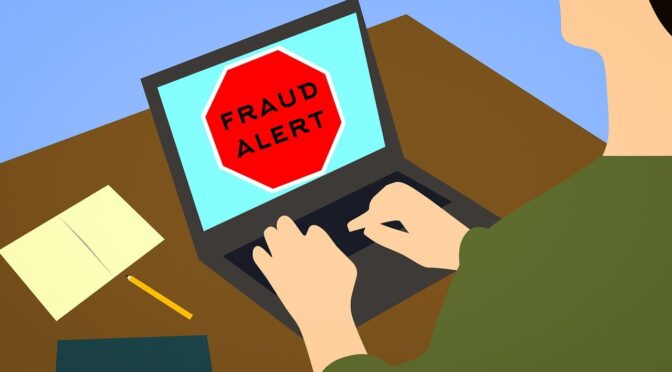We have a lot to forward to and unfortunately much to look out for. The Federal Trade Commission‘s (FTC) Acting Director Charles Harwood told a congressional committee the FTC forecasts that scams aimed at baby boomers are an “emerging trend.” And his testimony can serve as an early fraud warning for baby boomers.
Healthcare Scams
The FTC expects to see more and more frauds involving health care, the Affordable Care Act (ACA) and changes in Medicare that may confuse some people. Typically, bad actors pounce on any change in Medicare and trick consumers into disclosing personal financial information, or persuade them to pay for worthless services.
The Commission recently issued a warning to consumers about scammers who offer to send out national medical cards or use the ACA as a hook to collect personal and financial information
This type of scam is expected to multiply.
Medicare Scams
A recent case brought by the FTC highlights what boomers should look for. A company used high pressure, misleading sales pitches for an allegedly phony drug plan. Telemarketers told consumers they were from the Social Security Administration and if the consumer didn’t sign up for the drug program, they’d lose their Medicare benefits. They were asked for bank information and were charged hundreds of dollars and received nothing of value in return.
3 Top Scams Aimed At Seniors
It seems that new con artists continue to use old tricks. The favorite scams targeting older Americans remain constant:
- Work-at-home schemes – people eager to supplement their retirement income are targets of con artists who get people to pay money to buy into work at s0-called work-at-home jobs.
- Prizes and lottery scams – scammers “alert” consumers by phone or mail that they’ve won a prize and have to pay fees to claim the money.
- Identity Theft – in 2012, 19 percent of those who were victims of identity theft were people over 60.
Best Advice
- Carefully evaluate offers.
- Don’t let anyone pressure you into signing anything.
- Check with the government agency to see if what is being offered is the real deal.
- Do not give out your personal financial information.
Tell us your story. Have you been targeted by a scammer?
Watch ConsumerMojo’s video Key Steps for Retirement Planning and download the free guide.



